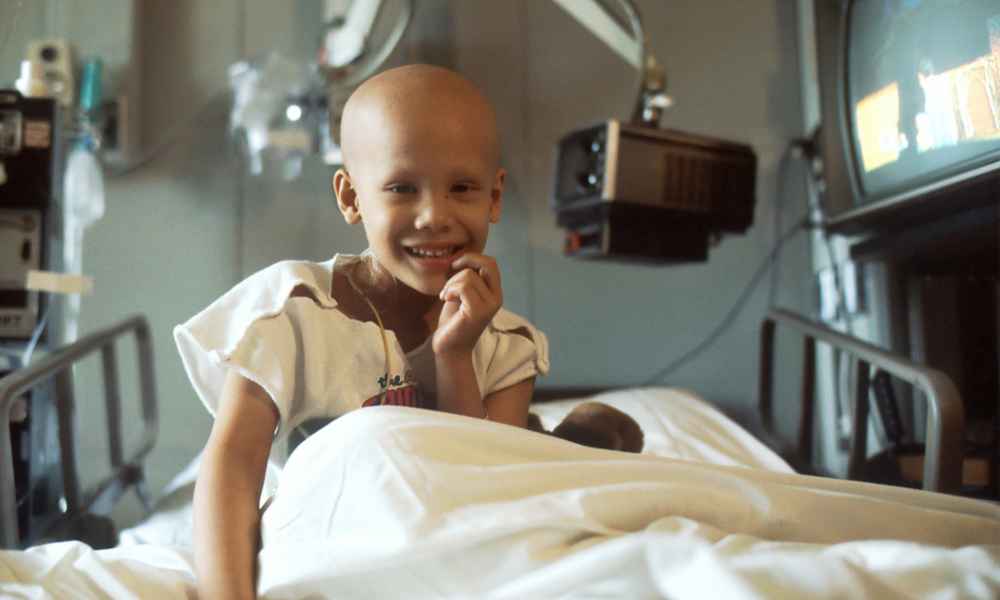Recent research at the American Association for Cancer Research (AACR) Annual Meeting 2024 shows that accelerated aging increases cancer risk in newer generations. This quicker aging process is linked to a higher occurrence of early-onset solid tumors.
In recent years, there has been a rise in colorectal cancer cases among younger adults. It’s now the leading cause of cancer-related deaths for people under 50. Experts suggest that poor diet and lack of exercise might contribute to this increase. Let’s read the article through the end about accelerated aging and how it affects cancer risk.
What is Accelerated Aging?
Accelerated aging happens when your body’s wear and tear makes you seem older than you are. For example, If you’re 30 but stressed and sit a lot at work, your body might feel older. The researchers in the study suggested that factors like diet, exercise, mental well-being, and environmental stress might speed up biological aging. This accelerated aging process could cause cancers to develop earlier in life.
Research Findings
The AACR Annual Meeting is like the main event for cancer research. It’s where scientists, doctors, patients, and supporters come together to discuss the newest findings in cancer science and treatment. Everything from preventing cancer to understanding how it works, treating it, and supporting survivors is discussed here. It’s a big deal because it showcases the top research from worldwide.
To connect accelerated aging with cancer, researchers first examined blood. Blood samples were collected from about 149,000 people aged 37 to 54 in a UK study called Biobank. They looked at nine specific markers in the blood related to aging, such as the number of white blood cells, the size of red blood cells, and a liver protein called albumin. Using these markers, they calculated each person’s biological age.
The data from the blood samples were fed into a computer program called PhenoAge, which then calculated each person’s biological age. The study found that people born in or after 1965 were 17% more likely to show signs of accelerated aging compared to older adults born between 1950 and 1954.
They then studied how accelerated aging relates to the risk of early-onset cancers. They found that for each increase in accelerated aging, the risk of early-onset lung cancer went up by 42%, early-onset gastrointestinal cancer by 22%, and early-onset uterine cancer by 36%. However, accelerated aging didn’t significantly affect the risk of lung cancer diagnosed later in life (after age 55). However, it was linked to a 16% higher risk of late-onset gastrointestinal cancer. And also a 23% higher risk of late-onset uterine cancer.
Tian, the graduate student who led the research“By examining the relationship between accelerating aging and the risk of early-onset cancers, we provide a fresh perspective on the shared etiology of early-onset cancers,”
“If validated, our findings suggest that interventions to slow biological aging could be a new avenue for cancer prevention, and screening efforts tailored to younger individuals with signs of accelerated aging could help detect cancers early.”
Implications and Potential Solutions
Countries need new plans to stop cancer and find it as early as possible. Not using proven ways to prevent and find cancer leads to over 60,000 early deaths each year. Things like changing behaviors and doing cancer tests work not enough people, doctors, hospitals, or society are doing.
Few tests now can reduce cancer death risk. These tests include:
- Mammograms for breast cancer
- HPV and Pap tests for cervical cancer
- Colonoscopies, sigmoidoscopies, and stool tests for colorectal cancer
- Low-dose CT scans for lung cancer
However, not enough people who should get tested are doing so. Also, there aren’t reliable tests for most other cancers. So, they’re only found when symptoms appear. By then, it’s often more challenging to treat them.
However, new technologies are being developed to find cancer cells or DNA in the blood before symptoms appear. These could help find cancers early, especially the ones we can’t screen for now.
But, the researchers admitted that there are some limitations to the study. Since all the participants were from the United Kingdom, the results might not apply to people with different genetic backgrounds, lifestyles, and environments. They believe future research with more diverse groups must confirm these findings.
However, the study suggests that faster aging might be linked to a higher risk of cancer in younger people. This could mean we have a better way to identify those at risk of cancer at a young age.
Conclusion
In conclusion, new research shows that accelerated aging might raise the chances of cancer in younger people. This means we might have a better way to find those at risk of cancer early on. However, more research is needed to be sure about these findings. It’s essential to keep exploring this to help everyone stay healthy.
Also Read :










